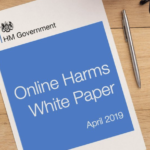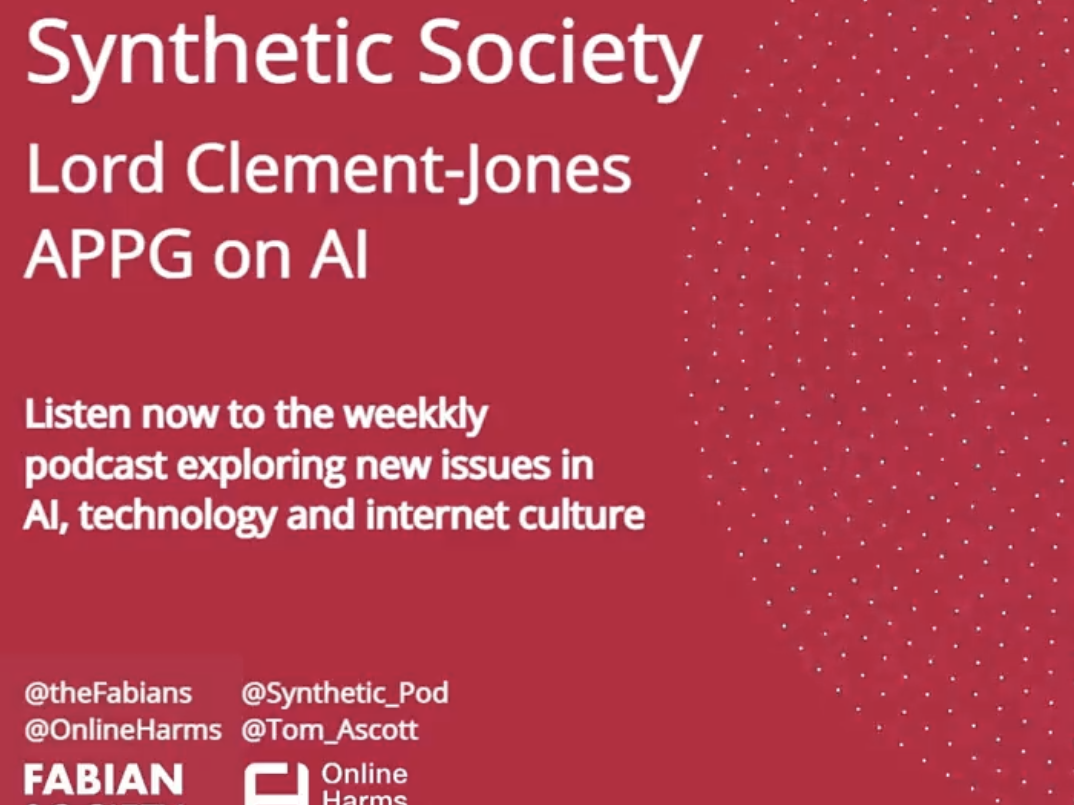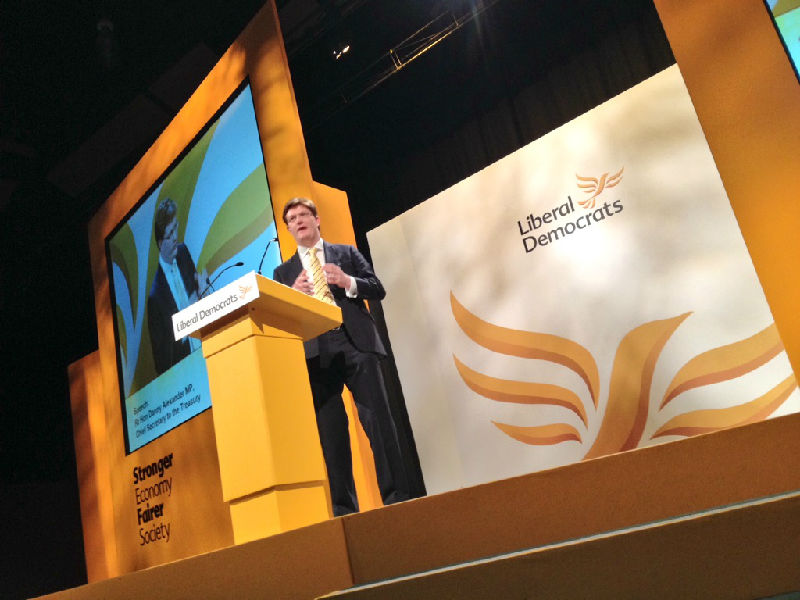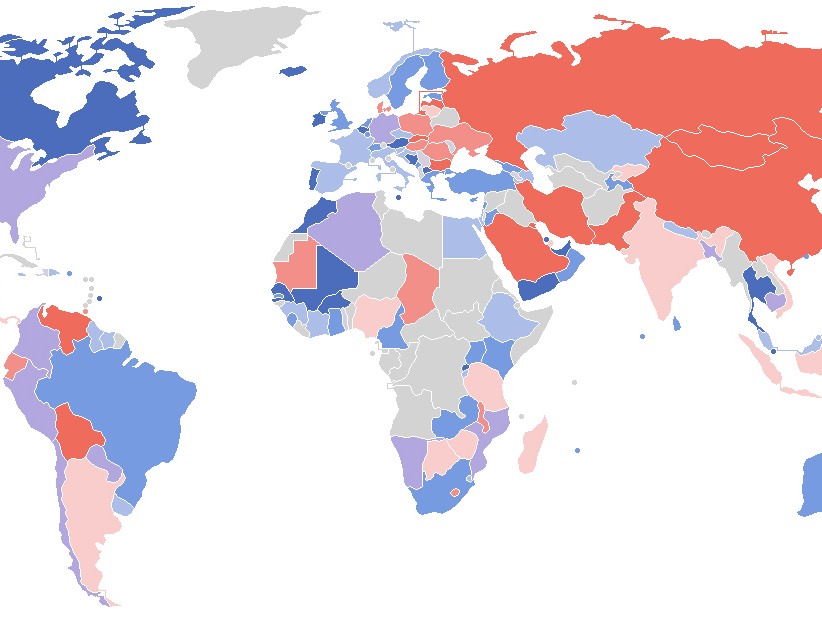This is what I said when (finally) the Government made its response to the White Paper Consultation in January

My Lords, over three years have elapsed and three Secretaries of State have come and gone since the Green Paper, in the face of a rising tide of online harms, not least during the Covid period, as Ofcom has charted. On these Benches, therefore, we welcome the set of concrete proposals we finally have to tackle online harms through a duty of care. We welcome the proposal for pre-legislative scrutiny, but I hope that there is a clear and early timetable for this to take place.
As regards the ambit of the duty of care, children are of course the first priority in prevention of harm, but it is clear that social media companies have failed to tackle the spread of fake news and misinformation on their platforms. I hope that the eventual definition in the secondary legislation includes a wide range of harmful content such as deep fakes, Holocaust denial and anti-Semitism, and misinformation such as anti-vax and QAnon conspiracy theories.
I am heartened too by the Government’s plans to consider criminalising the encouragement of self-harm. I welcome the commitment to keeping a balance with freedom of expression, but surely the below-the-line exemption proposed should depend on the news publisher being Leveson-compliant in how it is regulated. I think I welcome the way that the major impact of the duty of care will fall on big-tech platforms with the greatest reach, but we on these Benches will want to kick the tyres hard on the definition, threshold and duties of category 2 to make sure that this does not become a licence to propagate serious misinformation by some smaller platforms and networks.
I welcome the confirmation that Ofcom will be the regulator, but the key to success in preventing online harms will be whether Ofcom has teeth. Platforms Toggle showing location ofColumn 1711will need to demonstrate how they have reduced the “reasonably foreseeable” risk of harm occurring from the design of their services. In mitigating the risk of “legal but harmful content”, this comes down to the way in which platforms facilitate and even encourage the sharing of extreme or sensationalist content designed to cause harm. As many excellent bodies such as Reset, Avaaz and Carnegie UK have pointed out—as the noble Lord, Lord Stevenson, said, the latter is the begetter of the duty of care proposal—this means having the power of compulsory audit. Inspection of the algorithms that drive traffic on social media is crucial.
Will Ofcom be able to make a direction to amend a recommender algorithm, how a “like” function operates and how content is promoted? Will it be able to inspect the data by which the algorithm trains and operates? Will Ofcom be able to insist that platforms can establish the identity of a user and address the issue of fake accounts, or that paid content is labelled? Will it be able to require platforms to issue fact-checked corrections to scientifically inaccurate posts? Will Ofcom work hand in hand with the Internet Watch Foundation? International co-ordination will be vital.
Ofcom will also need to work closely with the CMA if the Government are to protect vulnerable victims of online scams, fraud, and fake and misleading online reviews, if they are explicitly excluded from this legislation. Ofcom will need to work with the ASA to regulate harmful online advertising, as well. It will also need to work with the Gambling Commission on the harms of online black-market gambling, as was highlighted yesterday by my noble friend Lord Foster.
How will this new duty of care mesh with compliance with the age-appropriate design code, regulated by the ICO? As the noble Lord, Lord Stevenson, has mentioned, the one major fudge in the response is on age verification. The proposals do not meet the objectives of the original Part 3 of the Digital Economy Act. We were promised action when the response arrived, but we have a much watered-down proposal. Pornography is increasingly available and accessible to young people on more sites than just those with user-generated content. How do the Government propose to tackle this ever more pressing problem? There are many other areas that we will want to examine in the pre-legislative process and when the Bill comes to this House.
As my honourable friend Jamie Stone pointed out in the Commons yesterday, a crucial component of minimising risk online is education. Schools need to educate children about how to use social media responsibly. What commitment do the Government have to online media education? When will the strategy appear and what resources will be devoted to it?
These are some of the yet unanswered questions before the draft legislation arrives, but I hope that the Government commit to a full debate early in the new year so that some of these issues can be unpacked at the same time as the pre-legislative scrutiny process starts.
6th April 2021
Regulating the Internet
18th July 2015
Lord C-J debates the future of the BBC
28th February 2015
Reduce The Maximum Stake on FOBTs
8th December 2014
Danny Tells the Lib Dems’ Record on the Economy
1st December 2014
Happy New Year of the Horse!
24th December 2013






